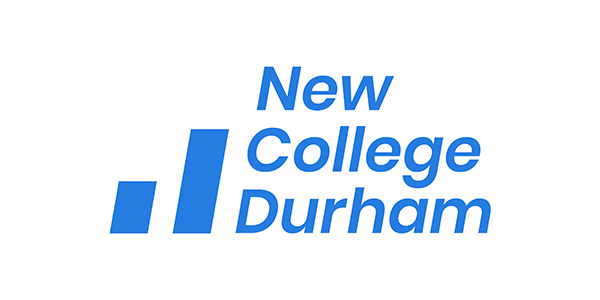Engineering
NEIoT courses
T-Level Design and Development (Mechanical Engineering)
Overview
Course details may be subject to change
Designed with employers, professional bodies, universities and businesses, this two-year T-Level in Design and Development for Mechanical Engineering will prepare you for a career in the mechanical engineering industry, or to go on to do a higher level apprenticeship or degree.
You will spend 80% of your time at college where you will develop a broad range of core skills from across the whole sector. In addition to this, 20% of your time will be spent with an employer where you will engage in an industry placement in a relevant organisation, giving you hands-on experience in a real-life setting.
This T-Level is a technical qualification that includes the following compulsory elements:
Core theory, concepts and skills for the chosen sector
Specialist skills and knowledge for an occupation or career
An industry placement with an employer which runs for a minimum of 315 hours (45 days) overall and gives you practical insights into the sector and an opportunity to embed the knowledge and skills learned in the classroom
A minimum standard in English, maths and digital provision are also built into the classroom-based element of the T-Level, meaning you will be given a solid foundation of transferable skills.
This two-year T-Level in Design and Development for Mechanical Engineering will prepare you with the fundamental knowledge and practical skills required for working in the engineering industry.
The course is designed for school leavers (aged 16) and is an ideal qualification if you are intending to progress directly to employment within the industry, to an apprenticeship or to higher education.
Modules Studied
Working within the engineering and manufacturing sectors
Engineering and manufacturing past, present, and future
Engineering representations
Essential mathematics for engineering and manufacturing
Essential science for engineering and manufacturing
Materials and their properties
Mechanical principles
Electrical and electronic principles
Mechatronics
Engineering and manufacturing control systems
Quality management
Health and safety principles and coverage
Business, commercial and financial awareness
Professional responsibilities, attitudes, and behaviours
Stock and asset management
Continuous improvement
Project and programme management
You will study an occupational specialism in mechanical engineering in year 2 which will involve a series of practical assessments and will cover the following:
Knowledge of design methodologies and processes.
Knowledge of the tools, equipment and materials used in mechanical engineering.
Knowledge of mathematical theories and methods used in mechanical engineering.
Skills in producing mechanical drawings and representations.
Skills in designing and developing working models.
Skills in testing models and prototypes.
This qualification focuses on the development of knowledge and skills needed to work in engineering design, mechanical engineering and aerospace technology.
You could progress to study a relevant degree level course at college or university.
Delivery Sites:
